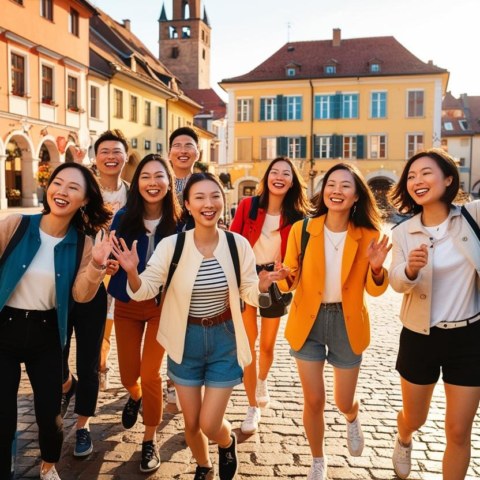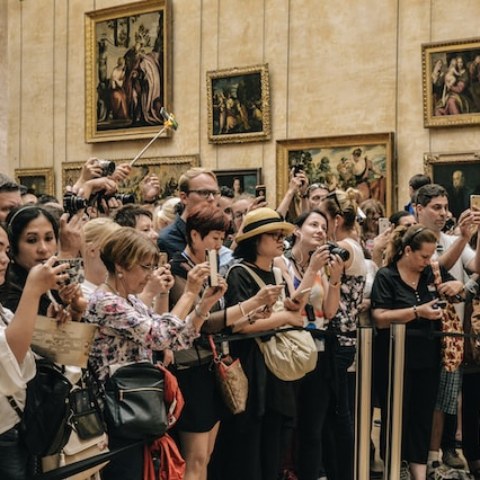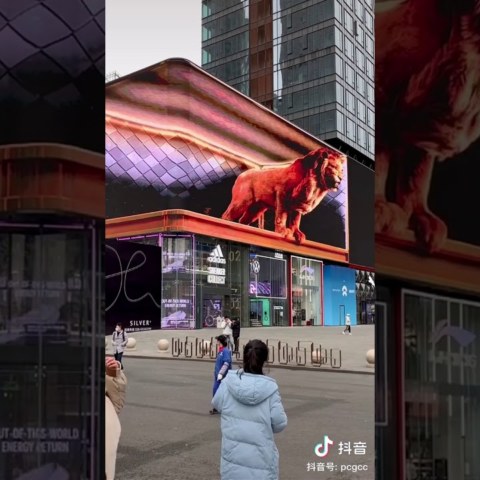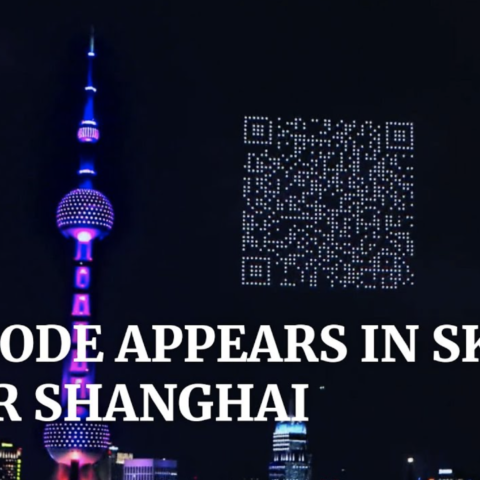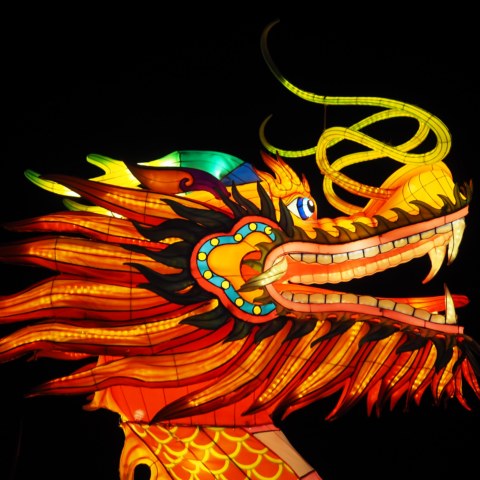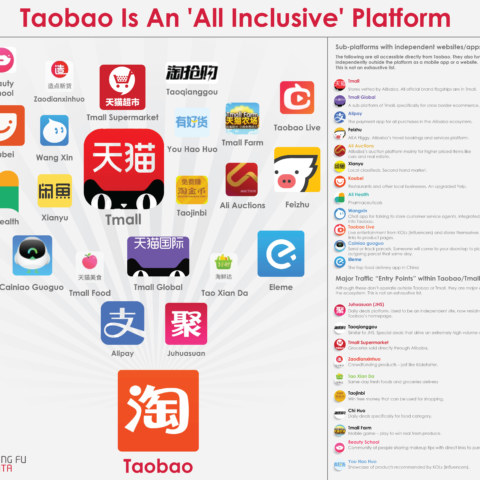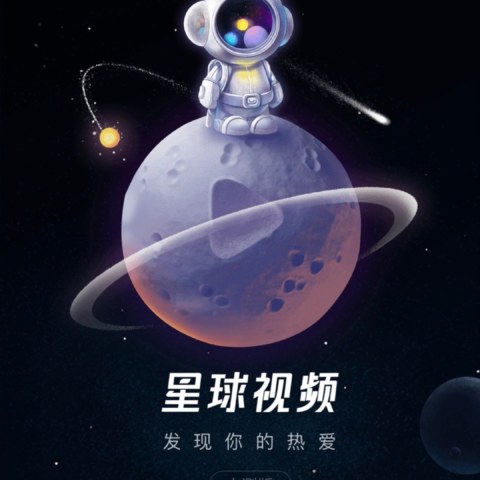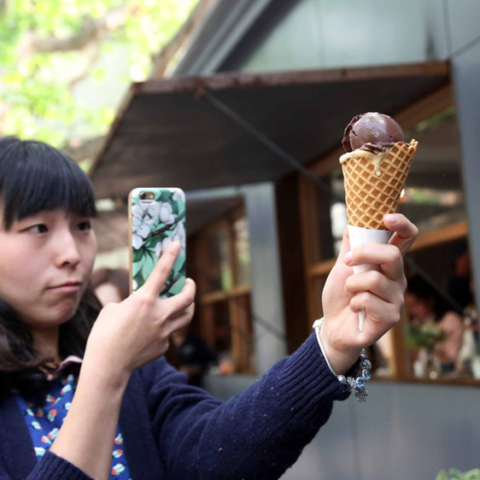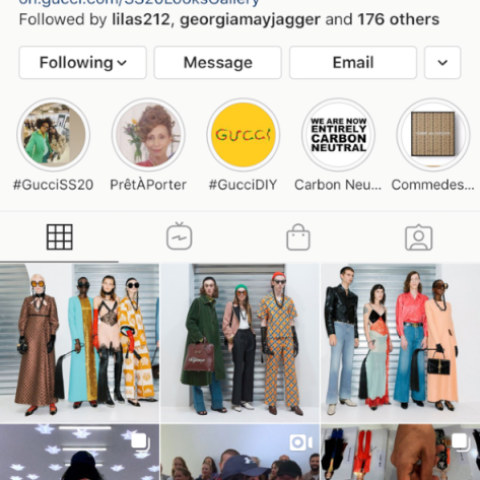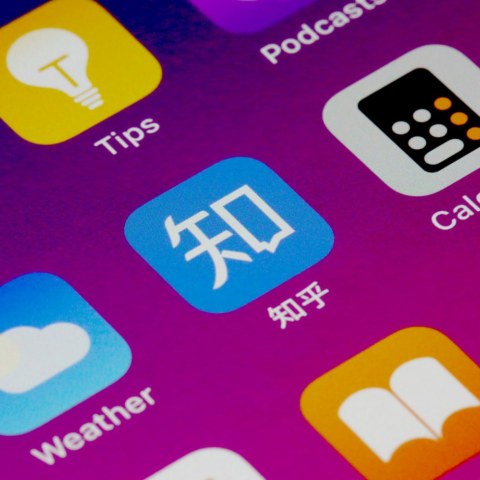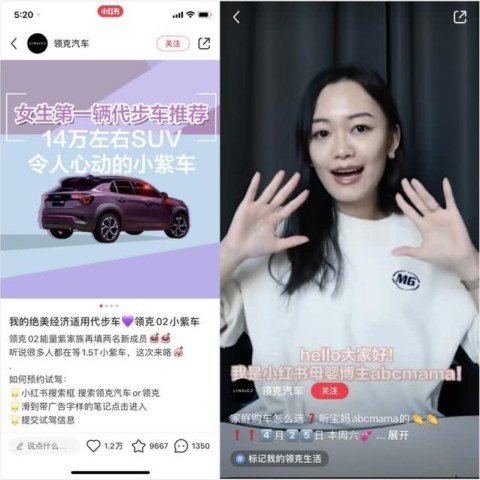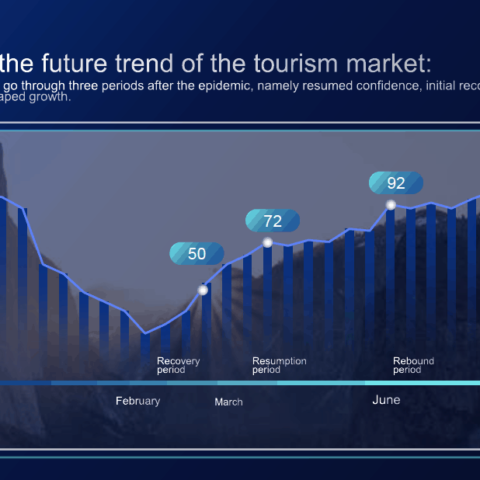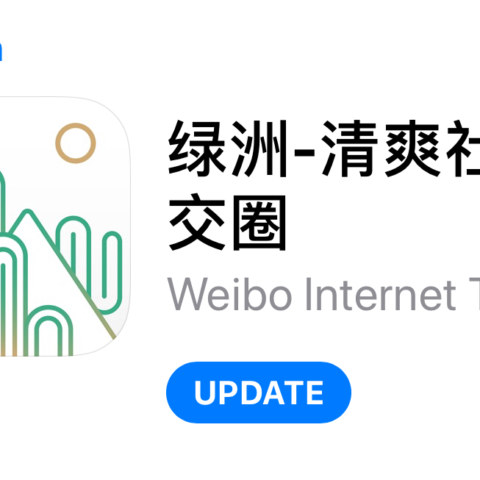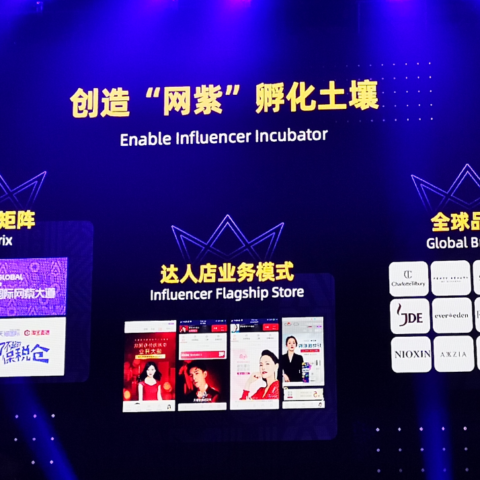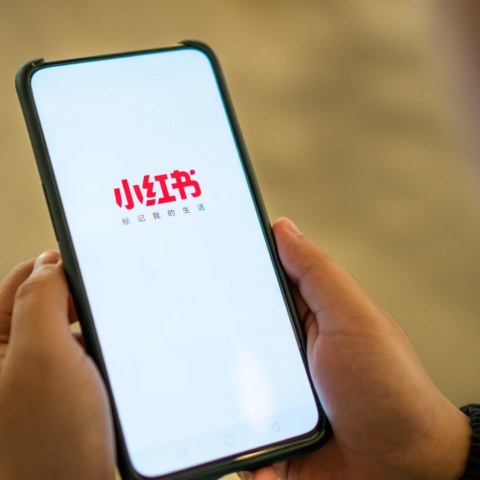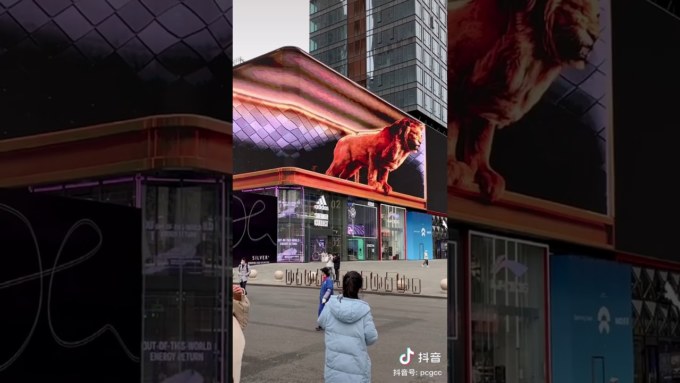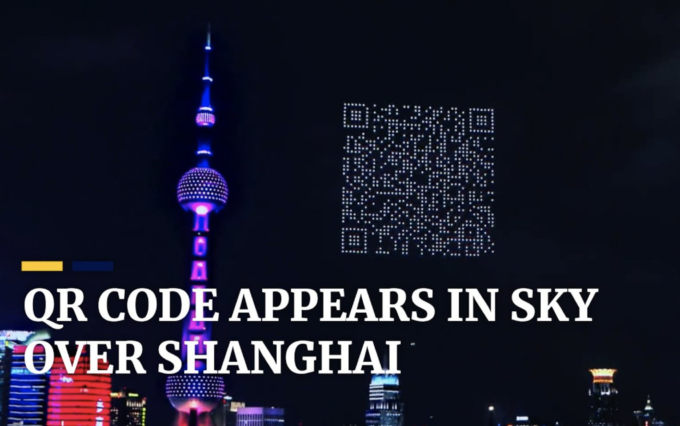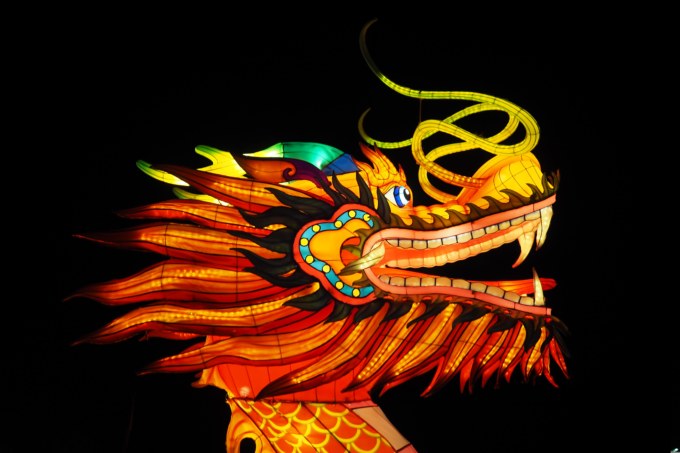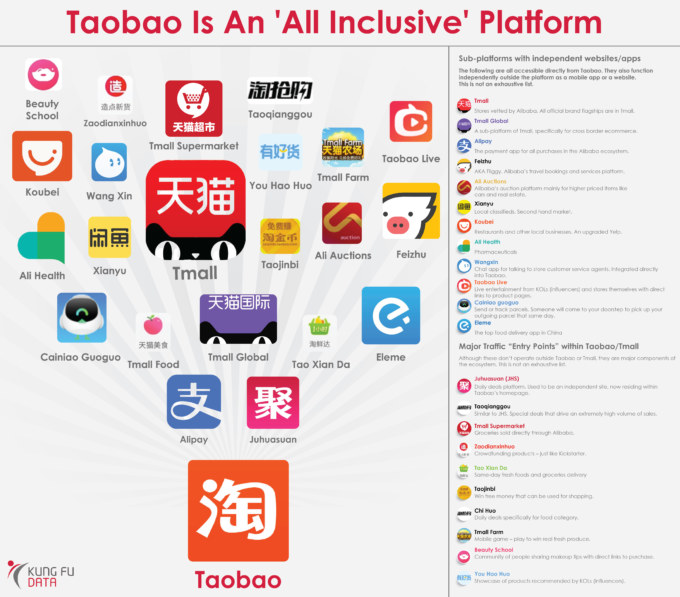The Chinese social media landscape moves fast, and if you haven’t been paying attention closely, there’s a lot you’ve missed. New platforms have popped up, while main players including Alibaba and Tencent have consolidated their power. In general, China’s social landscape is involved in innovations in video, engagement and payment that have evolved differently and faster than anything in the West.
Chinese internet powerhouses Baidu, Alibaba, Tencent and Sina (referred to by the acronym «BATS») together have upwards of eight different social media and/or e-commerce platforms, each with hundreds of millions of active users. They are the absolute core of China’s social and digital landscape because of their cumulative 2 billion users. These key players are at the heart of making the Chinese internet viral, informative and practical.
Trusted Information in China can be scarce, while the plentiful information on social media such as news, word of mouth and rumors is often the type of content that cannot be found anywhere else, even with government regulators keeping a close watch. This makes social media more important in China than most global markets.
Traditional video sites like Youku and iQiyi continue to be important platforms. They allow netizens to watch legal versions of local and imported long form content like TV dramas. Recently, many other sites have started to integrate danmaku, or «rapid fire» netizen commentary, where other people’s ideas and thoughts appear to fly across your video screen. Danmaku, also called danmu, started in China on platforms Acfun and Bilibili, which focus on more youthful content like anime, cartoons and games. Other video categories include short video apps like Meipai and Miaopai. These two apps have recently become a primary source of user-generated content on the social web. Live-video broadcasting apps similar to Periscope, including Panda TV and Zhanqi TV, have gained traction with consumers and attracted the watchful eye of government regulators. Brands including Maybelline have started to use live video platforms to promote their products. Maybelline sold over 10,000 units of lipstick in two hours, via a live video broadcast hosted by actress Angelababy.
In summary: The China social landscape is fragmented and fast-changing
Underpinning these five trends is the everlasting trifecta of defining characteristics of the China social media landscape: It’s unique, fragmented and dynamic. In the West, you may be able to get away with a two-platform strategy consisting of Facebook and Google. However, in China, there are not only unique platforms that do not exist anywhere else, but also multiple overlapping platforms and ecosystems that are in constant flux. An environment like this requires persistent diligence in order to understand, plan and execute for maximum and appropriate impact.
Launching a product or service in China? no Chinese website? No worries Jimuyu is a great way of helping advertisers in presenting what they wish to …
